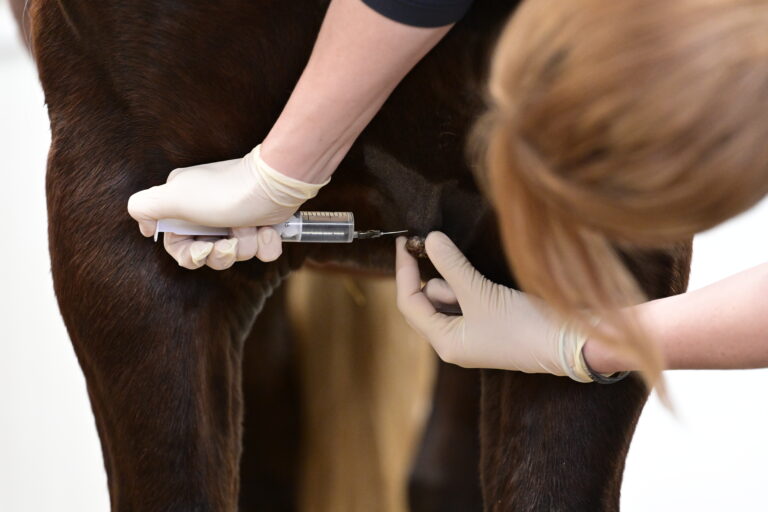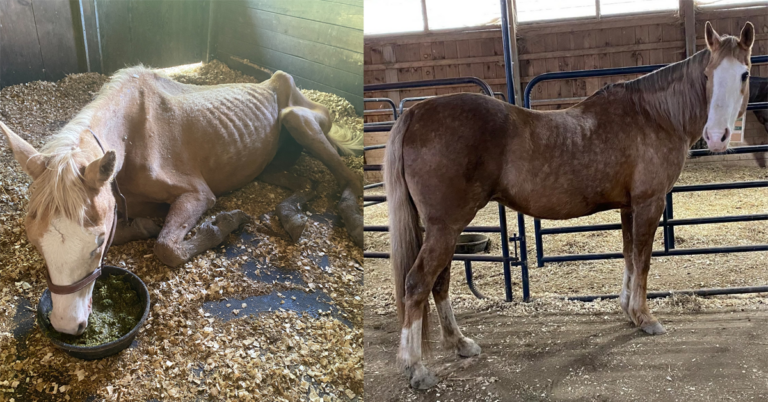
Potomac horse fever (PHF) is described to be an acute enterocolitis syndrome that presents as mild colic, fever and diarrhea in horses of all ages. The resulting illness can also cause abortion in pregnant mares. The causative agent, Neorickettsia risticii, is a gram-negative bacterium. It is believed most horses contract PHF after inadvertent ingestion of aquatic insects that carry N. risticii. The disease is often found to be associated with pastures bordering creeks or rivers and has an incubation period of about 10 to 18 days.
The office of the Kentucky State Veterinarian reported the first PHF case in the state this year on June 1. The affected horse was a 4-year-old Thoroughbred filly located in Bourbon County.
The filly presented on June 1 with a profuse watery diarrhea, lethargy and fever of about 104f. She was hospitalized and is in isolation.
PCR testing (fecal swab/feces) confirmed presence of Potomac horse fever DNA.
Following treatment, the symptoms began resolving over the weekend. On June 4, the patient was described as being significantly improved with a favorable prognosis.
Historically, PHF in Kentucky usually is diagnosed a bit later in the year. We believe the early case this year was likely a result of the unusual climatic conditions we have experienced these past eight weeks that included abundant rainfall during the month of April and continued with record-breaking heat throughout May.
Horse owners are encouraged to review the environment in which their horses are housed and consult with their veterinarians on strategies they can use to mitigate PHF disease risk. Minimizing insect ingestion in stabled horses by turning off barn lights at night, which normally attracts the insects, has been suggested.
This information was provided by E.S. Rusty Ford, Equine Operations Consultant, Office of the Kentucky State Veterinarian.




